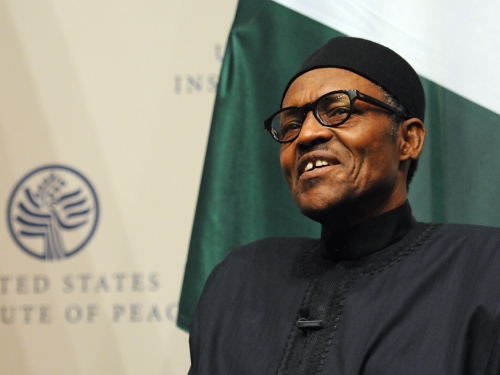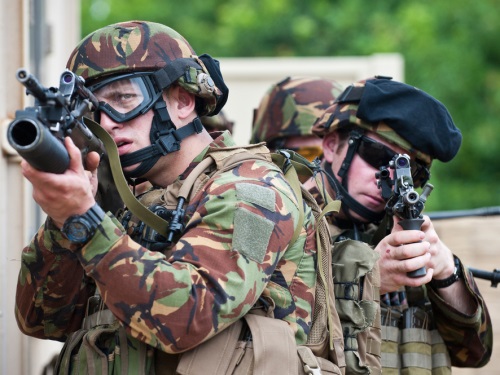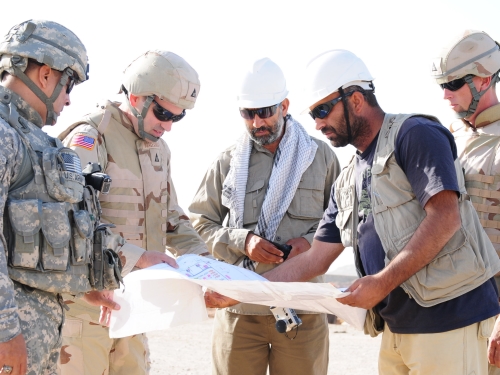
This article was originally published by the Institute for Security Studies (ISS) on 4 September, 2015.
On 5 September 2015, Muhammadu Buhari will mark the first 100 days of his presidency. As expectations are high, particularly regarding his strategy and actions against Boko Haram, these first 100 days are a useful indicator of what is to come.
As Michael Watkins puts it in the Harvard Business Review, ‘what new leaders do in their early days has a disproportionate impact on all that follows’.
While this is not his first time at Nigeria’s helm, this former major general faces far different challenges than during his first tenure as military head of state from 1983 to 1985.




